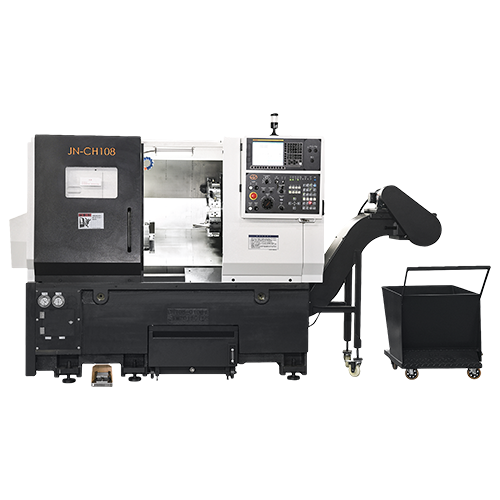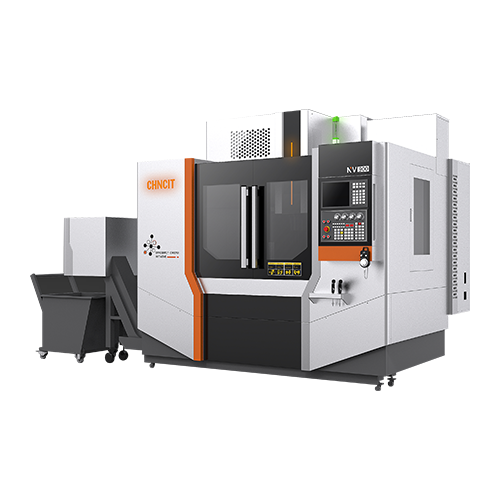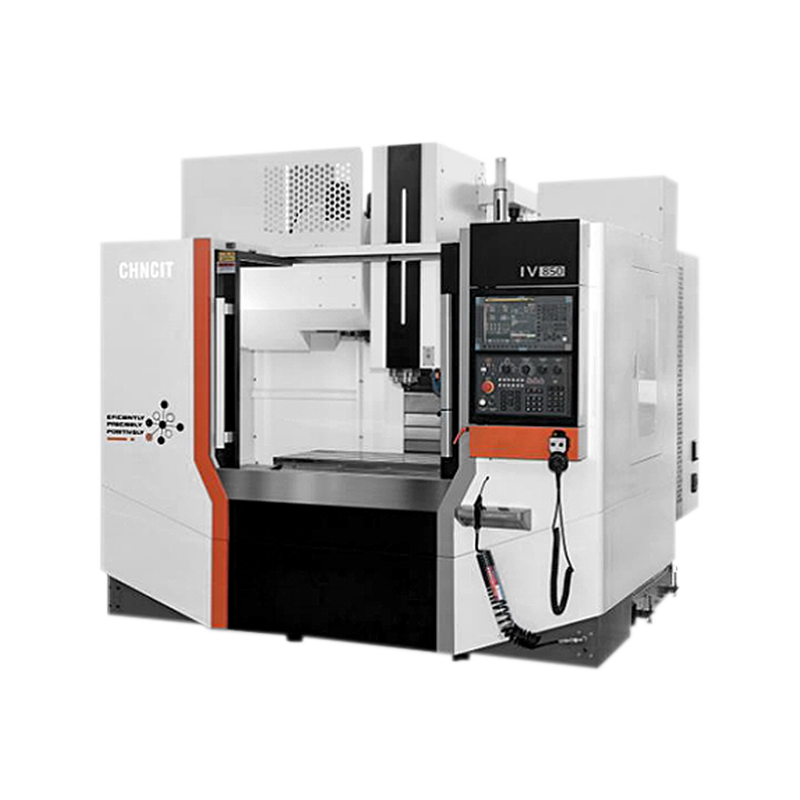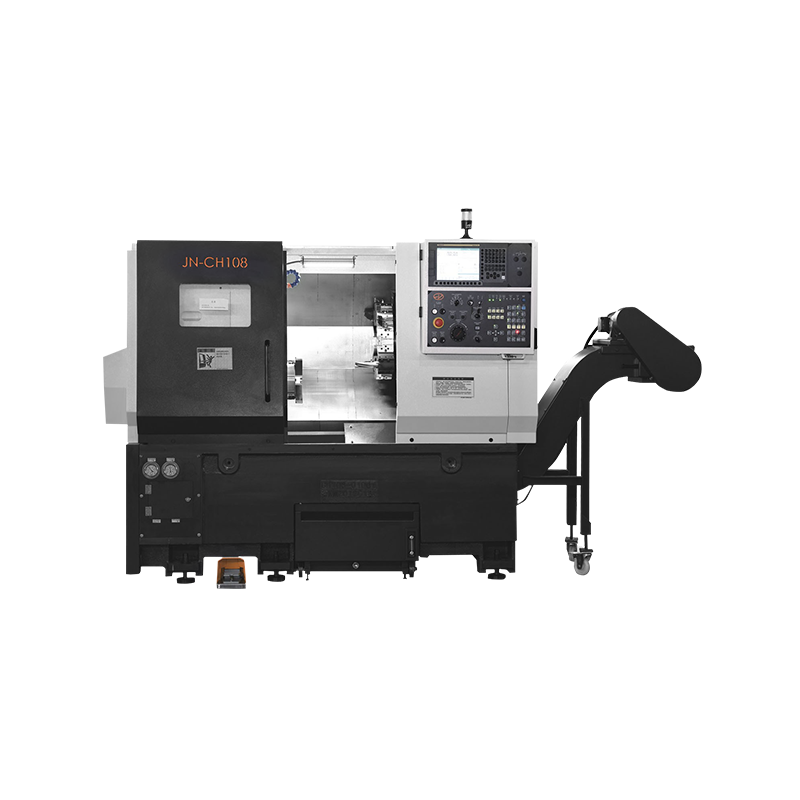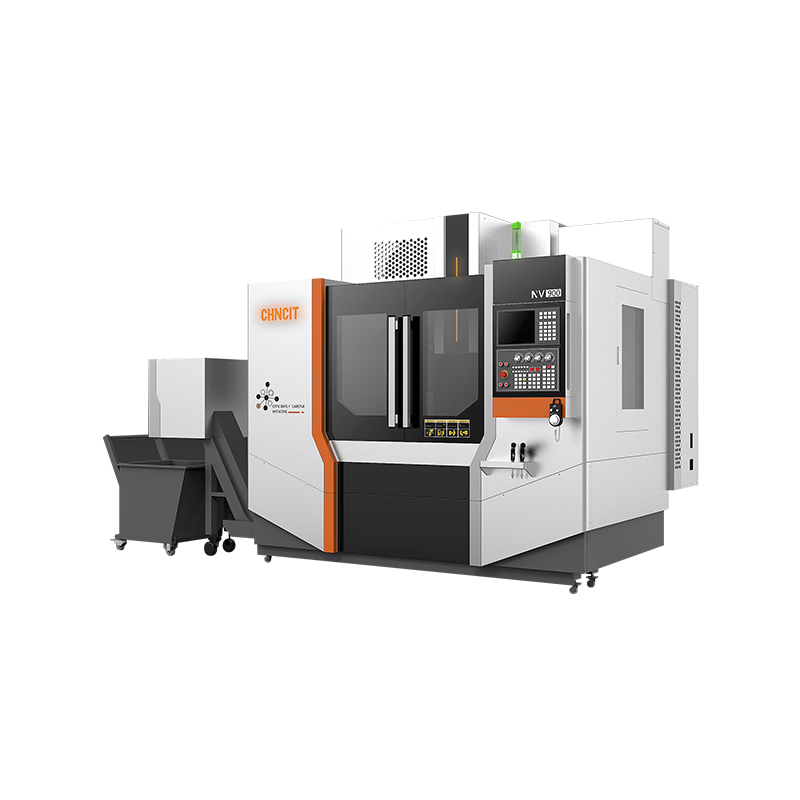-
 WHATSAPP
WHATSAPP -
 INS
INS -
 WECHAT
WECHAT
Automation Trends Transform CNC Lathe Factory Workflows
At Jiangnan CNC Lathe Factory, we’re witnessing the evolution of CNC lathe and milling machine production driven by automation innovations. Modern advances are enabling the next generation of CNC machining workflows—enhancing efficiency, shortening lead times, and improving consistency.
1. Why Automation in CNC Lathe Factory Matters
1.1 From Manual Setup to Robotic Cells
Traditional CNC workflows often involve manual setup, loading, and monitoring. Today, automated robotic arms and pallet-changing systems handle these tasks, enabling lights-out operations and minimizing human intervention. This shift is key to higher throughput and better resource utilization.
1.2 Integration with CNC Lathe And Milling Machine Lines
Automation pairs seamlessly with CNC lathe and milling machine production. Robotic loading/unloading systems feed parts directly to CNC turning or milling stations, reducing idle time and streamlining job sequencing.
2. Core Automation Technologies in Modern Factories
2.1 Robotic Pallet Systems
Automated pallet changers and robot‑assisted loading systems allow nearly continuous machining across multiple CNC machine tools. Jobs are queued and processed without operator presence—meaning fewer interruptions and safer operations.
2.2 Automated Tool Changing and Probing
Advanced systems can perform tool changes, tool measurement, and in-cycle probing autonomously. This ensures dimensional accuracy, repeatability, and reduced secondary inspection stages. As a result, waste and rework drop significantly.
2.3 Smart Cells with Machine Monitoring
Automation extends beyond physical movement—it includes integrated monitoring systems that supervise spindle loads, vibration, temperature, tool life, and cycle progress. These smart cells feed data to factory software, enabling predictive schedules and real-time decisions.
3. Benefits of Automation for Our Factory
Increased Throughput
With robotic cells running lights-out, our CNC Lathe Factory achieves more output with less shift-dependent labor.
Consistent Production Quality
Automated probing and tool measurement reduce human error and variation.
Improved Safety and Efficiency
Less manual handling means fewer operator interventions, faster cycles, and safer workflows.
Better Utilization of Equipment
Machines spend more time cutting and less time idle—supporting flexible, high-mix production runs.
4. Implementation Strategy at Jiangnan
4.1 Phased Deployment
We start automation with pilot cells—pairing a CNC lathe and milling machine line with robot loading, pallet changes, and integrated tool measurement. We monitor performance metrics such as cycle time, scrap rate, and uptime.
4.2 Scaling Across Multiple Cells
Once the pilot proves its value, we replicate the model across other lathe and machining lines. Each new cell follows standardized protocols for automation hardware, software integration, and operator training.
4.3 Operator Training and Change Management
Workers transition from physical loading tasks to supervisory roles—managing robotic cells, interpreting monitoring dashboards, and ensuring smooth operations.
5. Real‑World Applications in Our Factory
High‑Volume Batch Runs
Ideal for jobs where repeatability and cycle time are critical—like automotive shafts or precision components—automated lines deliver consistent output.
Small‑Batch, High-Mix Runs
Automation allows rapid job changes, automated probing and loading, and better setup management even for varied part types.
6. Challenges and Solutions
| Challenge | Our Approach |
|---|---|
| Upfront investment | We begin with key high-demand lines to prove ROI before full rollout. |
| System integration | We use standard automation platforms compatible with major CAM/CNC control systems. |
| Workforce adaptation | We train staff on new tools, monitoring systems, and protocols to smoothly adopt automation. |
Maintenance‑Light Operations
Smart cells alert teams to tool wear or spindle overload in advance, reducing unscheduled downtime and supporting preventive upkeep.
Automation trends are fundamentally transforming CNC lathe factory workflows. At Jiangnan CNC Machine Tool Co., Ltd., the integration of robotic cells, automated loading, tool probing, and smart monitoring within our CNC lathe and milling machine production lines enhances efficiency, quality, and flexibility. These steps demonstrate our commitment to technological advancement and industrialization.
To learn more about our automation capabilities or schedule a visit to our facility, feel free to contact us. We're dedicated to helping customers unlock smarter, more efficient machining workflows.

